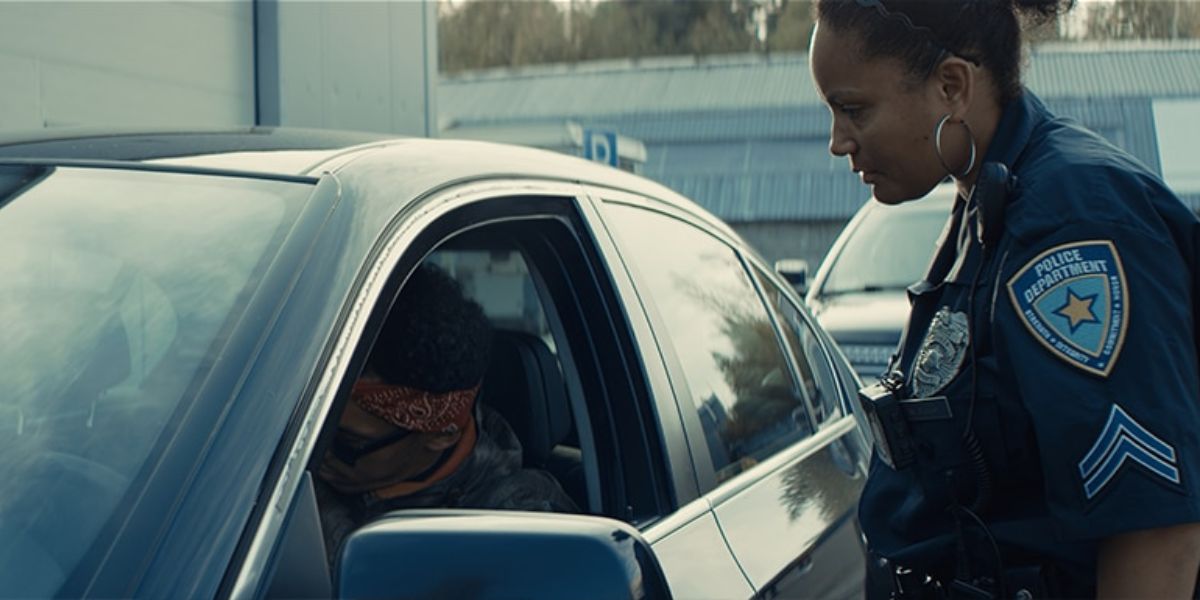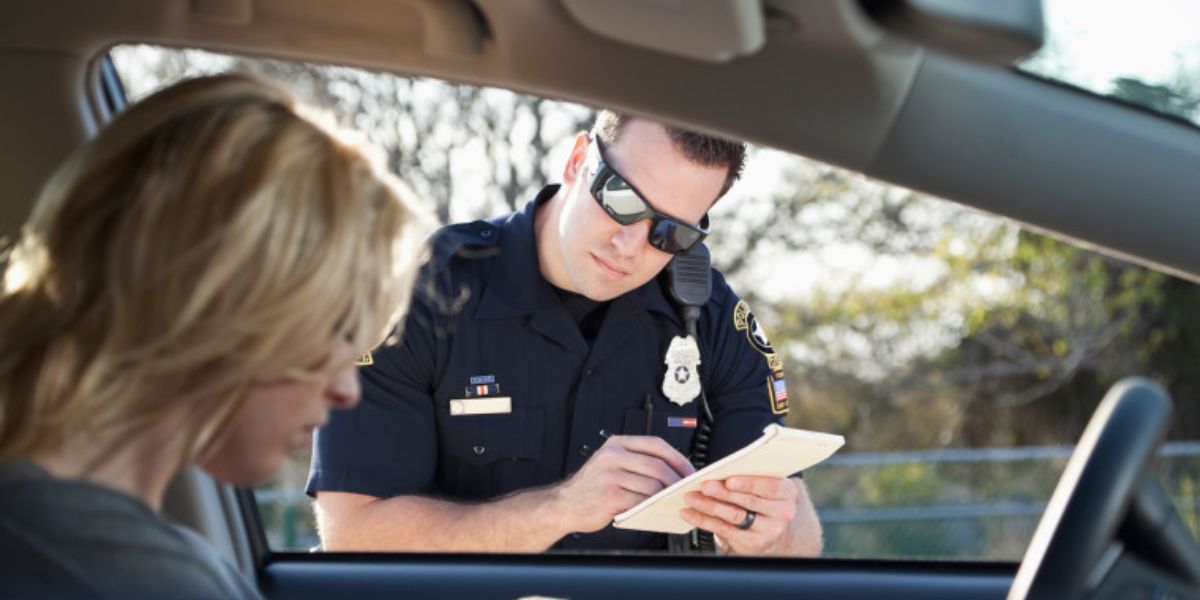This piece was written by Mary Berg. Light AI tools assisted with grammar checks and layout polish. All editorial decisions and wording remain fully human and original.
If you’re stopped by police in Pennsylvania, you might wonder—can they search your phone? Here’s what the law says and what your rights are.
Know Your Rights During a Traffic Stop in Pennsylvania
Getting pulled over can be stressful. Whether it’s for speeding, a broken taillight, or something more serious, one question often comes up:
Can police search your phone during a traffic stop?
In Pennsylvania—and across the U.S.—your phone is protected by the Fourth Amendment, which guards against unreasonable searches and seizures.
What the Law Actually Says
➤ Police cannot search your phone without a warrant—even if they’ve pulled you over
➤ Your phone is considered personal property with protected private data
➤ You do not have to unlock your phone or provide your passcode
➤ Consent is the only exception—if you say “yes,” they can legally look
Unless you give permission or they have a warrant, police cannot legally access your phone’s content.
Are There Any Exceptions?
There are a few scenarios where the rules may shift:
➤ Probable Cause: If officers see something illegal in plain view (e.g., drugs or weapons), they may extend their search—but still need a warrant for your phone.
➤ Search Incident to Arrest: If you’re arrested, police can search your person and immediate surroundings—but your phone still requires a warrant to be searched.
➤ Exigent Circumstances: In rare cases, such as preventing imminent danger or destruction of evidence, police may attempt to search without a warrant—but this is heavily scrutinized in court.
What You Should Do If Police Ask to Search Your Phone
Here’s what legal experts recommend:
✅ Be polite but firm
✅ Clearly say: “I do not consent to a search of my phone.”
✅ Do not unlock your device or provide your passcode
✅ If pressured, ask: “Am I free to go?” or “Am I being detained or arrested?”
Recent Cases That Support Your Rights
The U.S. Supreme Court ruled in Riley v. California (2014) that police must obtain a warrant to search a cellphone, even after a lawful arrest.
This ruling applies in Pennsylvania and all 50 states.
“Modern cell phones are not just another technological convenience,” the Court noted. “They hold the privacies of life.”
What Pennsylvania Drivers Should Remember
- Your phone is protected under the Constitution
- Never give consent unless you’re 100% comfortable
- You are not legally required to unlock or hand over your device
- If searched unlawfully, that evidence can be thrown out in court
Final Takeaway
In Pennsylvania, police can’t search your phone during a traffic stop without your consent or a warrant. Knowing your rights can protect your privacy—and your future.



